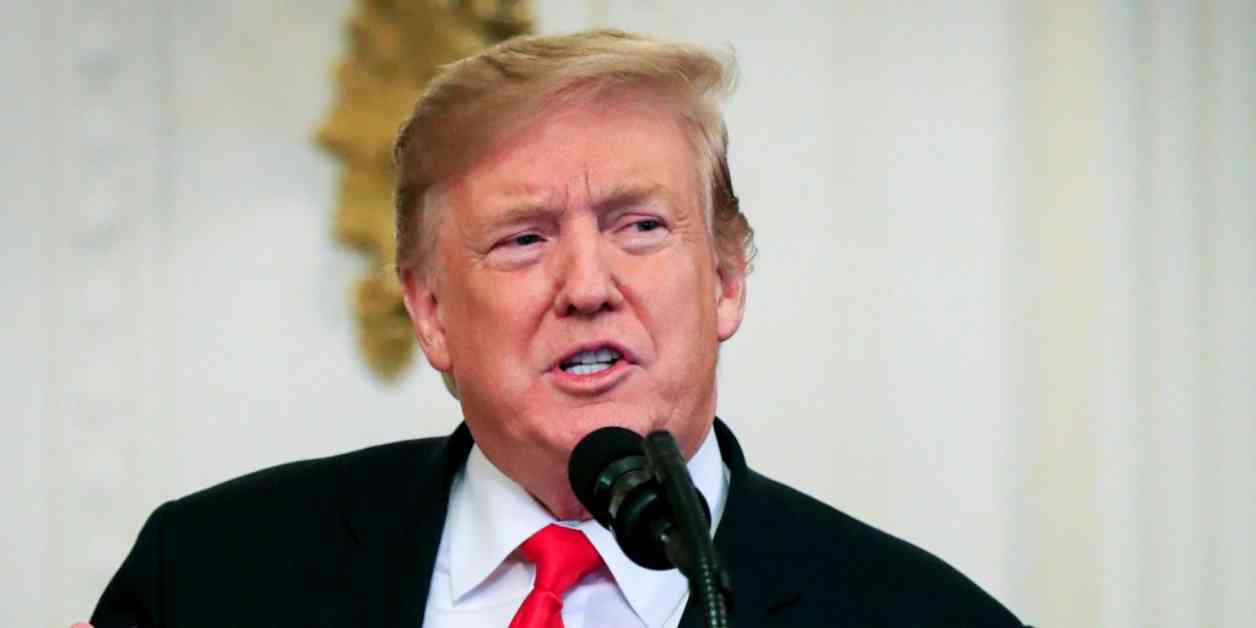Impact of Past Government Shutdowns on Republicans: Short-Term Setback or Long-Term Consequence?
Republican leaders on Capitol Hill are facing a critical juncture as they work to salvage a government funding deal following President-elect Donald Trump’s intervention that derailed an initial agreement. Amid this chaos, an NBC News analysis of historical polling data sheds light on the political fallout of past government shutdowns for the Republican party.
Historical Perspective
In the wake of recent events, some proponents of the shutdown have pointed to past instances to support their stance. Former House Speaker Newt Gingrich highlighted the GOP’s resilience during the government shutdowns of 1995, emphasizing that Republicans not only survived but thrived politically in the aftermath. The 1996 elections saw Republicans gaining House and Senate seats despite President Bill Clinton’s re-election, underscoring the party’s ability to weather such storms.
Recent Shutdowns and Public Opinion
Despite facing blame for more recent shutdowns, Republicans have not suffered significant electoral losses due to funding standoffs. The most recent government shutdown occurred during Trump’s presidency, lasting a record-breaking 35 days. A January 2019 poll revealed that a majority of Americans held Trump responsible for the shutdown, but his approval rating remained largely unchanged. Moreover, the shutdown did not emerge as a decisive factor in subsequent events, such as the 2020 election dominated by the pandemic.
Lessons Learned
Looking back at the 2013 government shutdown, triggered by a funding dispute over the Affordable Care Act, Republicans initially faced public backlash. However, this setback was temporary, as the party rebounded in the 2014 midterms, securing significant gains in Congress. The shifting dynamics post-shutdown underscore the fluid nature of public opinion and electoral outcomes in the aftermath of such crises.
As the current funding impasse unfolds against a backdrop of deep-seated division in the country, the stakes are higher than ever for Republicans. The prevailing pessimism among voters about the nation’s unity post-election adds a layer of complexity to the political landscape, underscoring the need for strategic navigation in these turbulent times.
In conclusion, while past government shutdowns have presented challenges for Republicans, they have also showcased the party’s resilience and capacity to adapt. As the current crisis plays out, the lessons of history serve as a valuable guide for navigating the uncertain terrain of American politics.


